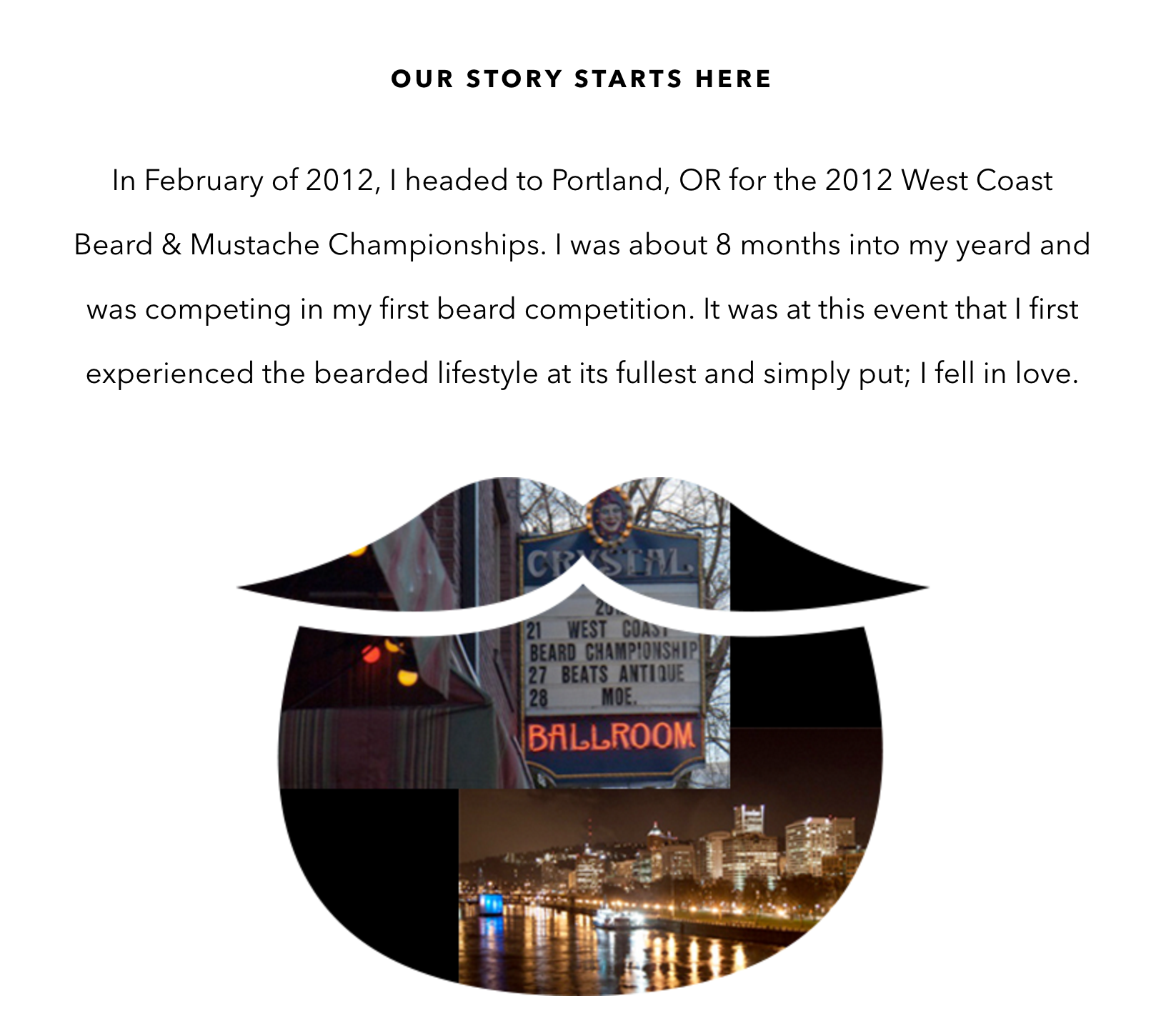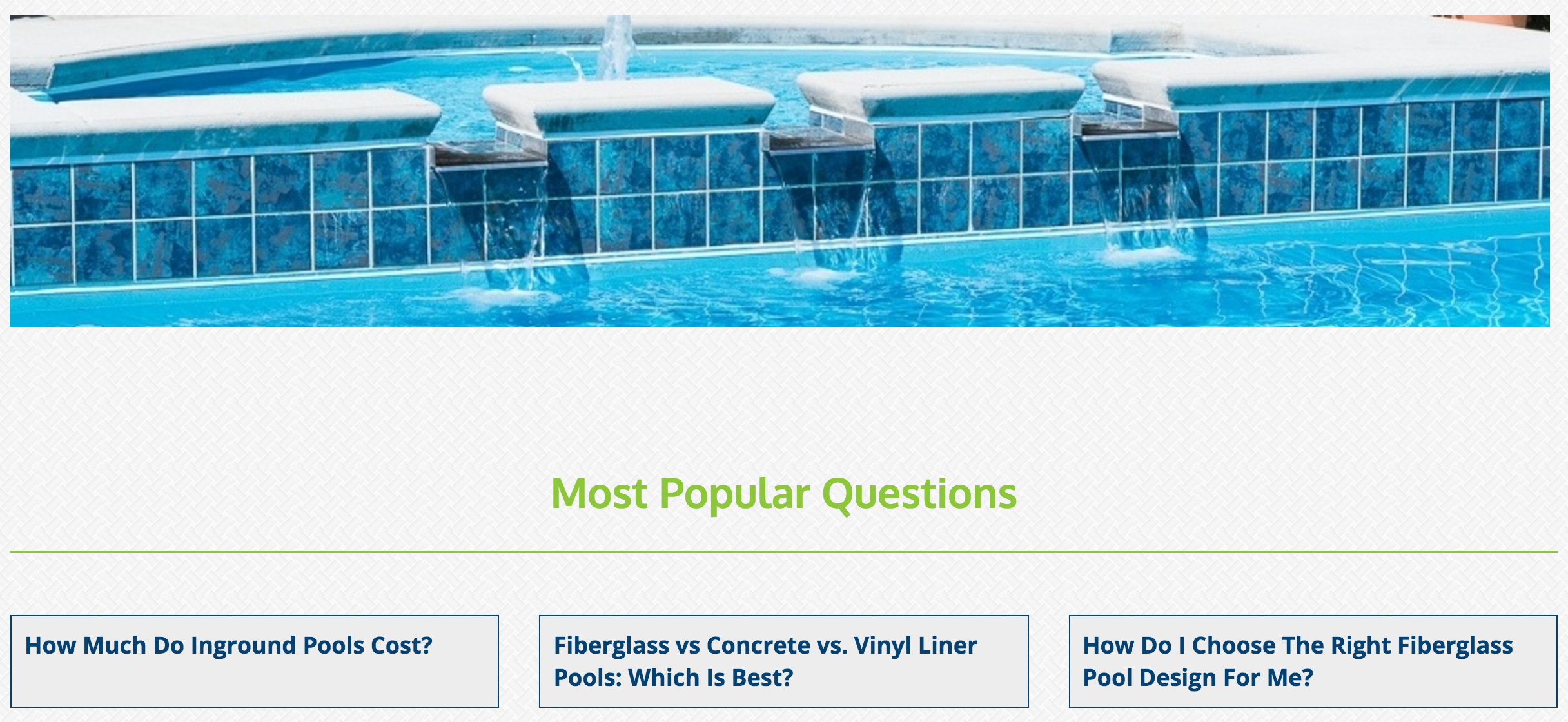The Quick Check-List To Make Your eCommerce More Trustworthy - Part TWO

We've talked about the quick hacks you can implement to make your eCommerce more trustworthy. You know you can't rely only on these, although they do help. You want to make a difference in the long run and build this special relationship with your customers.
Trust in yourself, in your story, don't be shy. No matter which product line your are selling, your story is unique. Be bold. As David Ogilvy, famous advertiser, put it:
Don't bunt, aim out of the ballpark. Aim for the company of immortals
—David Ogilvy
[This is the part two of our blog post: The Quick Check-List To Make Your eCommerce More Trustworthy. For part one, focusing on the quick hacks, click here]
Update Your "About Us" Page
What kind of bird are you?
Your about page is your opportunity to shine. The story that got you into that business. And there’s always a why, or a reason you got into what you're doing. Talk about it. Let your visitors know more about you as an individual, so they can relate.
- put a picture of yourself or your team
- explain why you love doing what you're doing
- make yourself available, whether it's for a simple chat or an email
Here's how FitJoy is introducing their [story](https://www.fitjoynutrition.com/pages/our-story" target="_blank). It's simple yet powerful. Now your visitor has a complete different mindset about you and your brand.
Check this example from [Beardbrand](https://www.beardbrand.com/pages/about-us/" target="_blank)

Try Journaling or Blogging
Why you should consider it?
Your visitors, before considering buying your product want to know more about you and how your are doing, and the progress you're making along the way. They are curious about you.
Journaling doesn't have to be that complicated. Aim for one post per month. Take some daily notes about what you're doing, the challenges you are facing and the achievements you're proud of. Not only this will help you when your morale is low, but it's authentic content for your digital marketing efforts.
Your visitors want to know what's happening "backstage" and when you open your door and share, you send a signal of trust.
What can you write about? Simon Sinek is a famous TEDx speaker. His key presentation is about "starting with why". Whenever you start a new project, you should always ask yourself why, and stick to it. The reason is simple:
People don't buy what you do, they buy why you do it.
—Simon Sinek
Simon explains in the video the outcomes you will benefit from working on your why:
- it helps you make more sense of what you're trying to achieve
- it helps you focus on what you are working on
- it helps you communicate with your visitors and spread your message
One great example we found is Jeff from [Ugmonk](http://ugmonk.com/2016/07/27/wait-theres-a-human-on-the-other-end/" target="_blank). You've never met with him, but when you spend 5 minutes or more on his website, you can grab so many insights from him, his story, why he has been working on his products, and how. Jeff shares with his audience his work. In return, they trust him.
Even though I’ve never met him in person, I feel like I’ve gotten to know Jeff over the years through Ugmonk.

Master Social Proof
Reviews, or dear reviews.. How can I have more of you?
You may have heard about it, yet you're not quite sure what social proof is. This is how [Wikipedia](https://en.wikipedia.org/wiki/Social_proof" target="_blank) defines it:
A psychological phenomenon where people assume the actions of others in an attempt to reflect correct behavior for a given situation
—Wikipedia
The more you get reviews or influence, the more likely visitors will purchase from you.
- Product Reviews
Assume your visitors have never experienced your product yet. They are aware of the benefits and they feel they have the desire to buy it from you. Think [multichannel shopping](https://blog.aftership.com/ecommerce-lessons-catalin-zorzini/" target="_blank) and why reviews add credibility to an online store.
This is psychology 101. When a visitor sees your product as tons of reviews, the pressure of buying it has decreased. We've talked about the apps you should try to generate on your online store (for [Shopify](https://blog.aftership.com/top-shopify-product-review-apps/" target="_blank) only though)
The challenge of course, is when you haven't sold anything yet. Then ask your friends to try your products and leave a simple yet authentic review about it. No b/s stuff.
In a recent blog post on Copyblogger, Sean D'Souza reveals 6 questions you can ask for powerful testimonials. Questions include the pain points of your users, and how your brand solves them. You can check the list of 6 questions [here](http://www.copyblogger.com/testimonials-part-2/" target="_blank), and start asking for feedback to your visitors.

- Social Media Hype
What do visitors think of your brand? You might think your eCommerce is great. It's yours after all. But what do real people and strangers think of your brand?
You can implement tools like Hotjar to create polls on your website, or a live chat and check our [quick hacks](https://blog.aftership.com/quick-check-list-ecommerce-trustworthy/" target="_blank) to discuss with them as they are on your online store. "Buying" fake followers, or wasting money on Facebook likes, are tactics that won't help. You will lose credibility, no one will interact with your social posts and your score with Facebook's algorithm (EdgeRank) will suffer from it.
You can try a different approach. A more authentic one. Joining [these online communities](https://blog.aftership.com/best-ecommerce-online-groups/" target="_blank). Try this Facebook group, or participate in a Twitter chat you consider appropriate. Go for it as a human being talking to other human beings. Not as your online store.
Show You Are The Expert
If not you, then who?
You are the expert. Visitors come back to your online store because you are 1) an authority and 2) you give them free, valuable content.
In his book [Youtility](https://www.amazon.com/Youtility-Smart-Marketing-about-Help/dp/1591846668/" target="_blank), famous marketer Jay Baer introduces us the story of Marcus Sheridan from River Pools. Long story short, they started to answer all the questions their visitors were asking. All of them. It did three things:
- they gave value upfront to their visitors who might become customers
- they build their online reputation
- they earned an "unbelievable consumer trust in the marketplace"
Create a FAQ page, or use your blog / journal to answer questions you receive by email or over the phone. Your visitors and prospects are your greatest source of learning.

Over To You
Whether you implement the quick hacks, earning trust from your customers is a long work. It's a relationship that takes time to build. You can't let your "About Us" blank or with the strict minimum, and need to find the time to produce valuable content that will help your customers.
Are you blogging on your eCommerce store? Tell us in the comments your main challenges and best results so far with it

